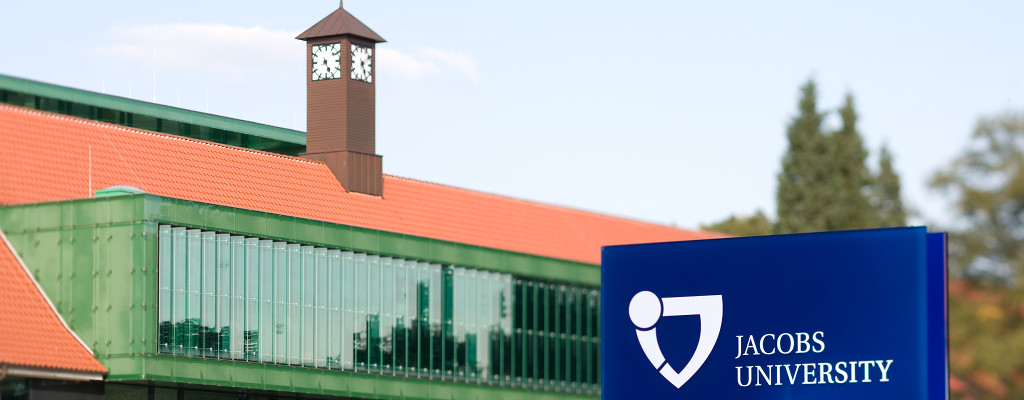September 14, 2018
With the Emmy Noether Program of the German Research Foundation (DFG) outstanding young scientists can qualify for a university professorship within six years. As part of this program, developmental biologist and plant geneticist Dr. Amal J. Johnston, moved from Heidelberg University to Jacobs University with his research group. "With its diversity of staff and students, Jacobs University provides an optimal environment to further our international research portfolio," says Johnston.
Dr. Johnston has worked in leading research institutions in Asia, Australia and Europe, including the University of Zurich, the Swiss Federal Institute of Technology (ETH) Zurich and the Leibniz Institute of Plant Genetics & Crop Plant Research (IPK). In recognition of his contributions to biotechnology, he was awarded Alumnus of the Year in 2013 by the University of the Sunshine Coast in Australia. Short-term research stays gave him the opportunity to work abroad as a Humboldt fellow at the National Institute for Basic Biology in Japan and the University of Leeds in the United Kingdom.

